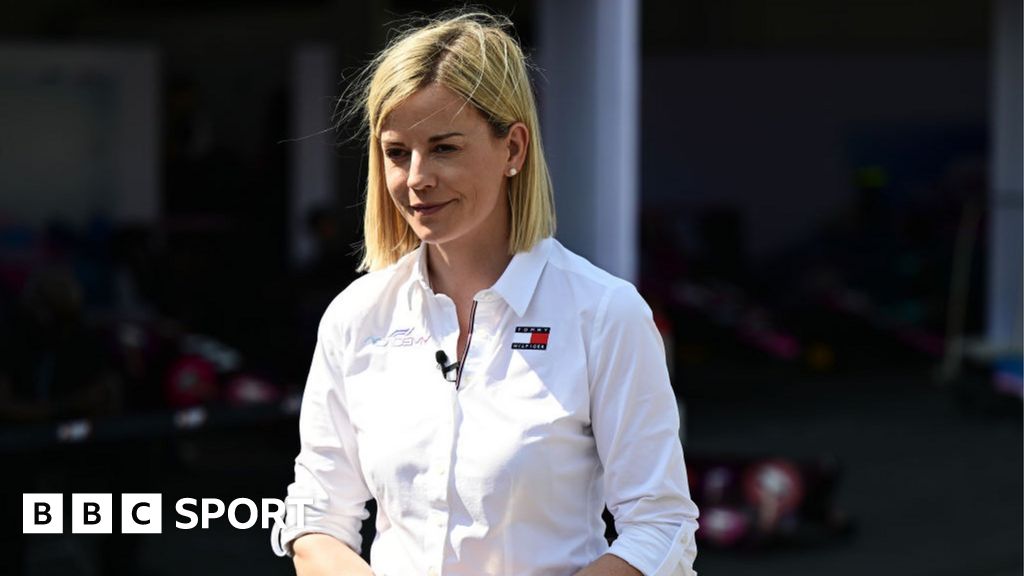
The FIA’s actions in the Wolff case contrast with its behaviour regarding the controversy over allegations of inappropriate behaviour made against Red Bull team principal Christian Horner by a female employee.
Horner, 50, has always denied the claims. Red Bull dismissed the complaint after an internal investigation and have since suspended the employee who made them.
When the FIA learned about claims regarding Toto and Susie Wolff, it put out a statement saying that it was “aware of media speculation centred on the allegation”.
In contrast, with regard to Horner, despite two whistleblower complaints and an official complaint by the Red Bull female employee, the FIA has refused to say whether it is looking into his behaviour.
The FIA said in a statement last week: “Enquiries and complaints are received and managed by the Compliance Officer, and the Ethics Committee where appropriate. Both bodies operate autonomously, guaranteeing strict confidentiality throughout the process.
“As a consequence, and in general, we are unable to confirm the receipt of any specific complaint and it is unlikely that we will be able to provide further comment on the complaints that we may receive from any parties.”
Prior to issuing that statement, the FIA had failed to respond to a series of emails, messages and calls from BBC Sport on the matter over a period of eight days.
Meanwhile, over the course of the Bahrain Grand Prix weekend, Ben Sulayem approached Red Bull driver Max Verstappen and said he should make a public statement supporting Horner.
Verstappen responded, sources close to the world champion have told BBC Sport, by telling Ben Sulayem he should launch his own investigation into the matter.
Ben Sulayem took this action after Verstappen gave equivocal answers to questions in a news conference as to whether Horner had his full faith and confidence as Red Bull team owner.
